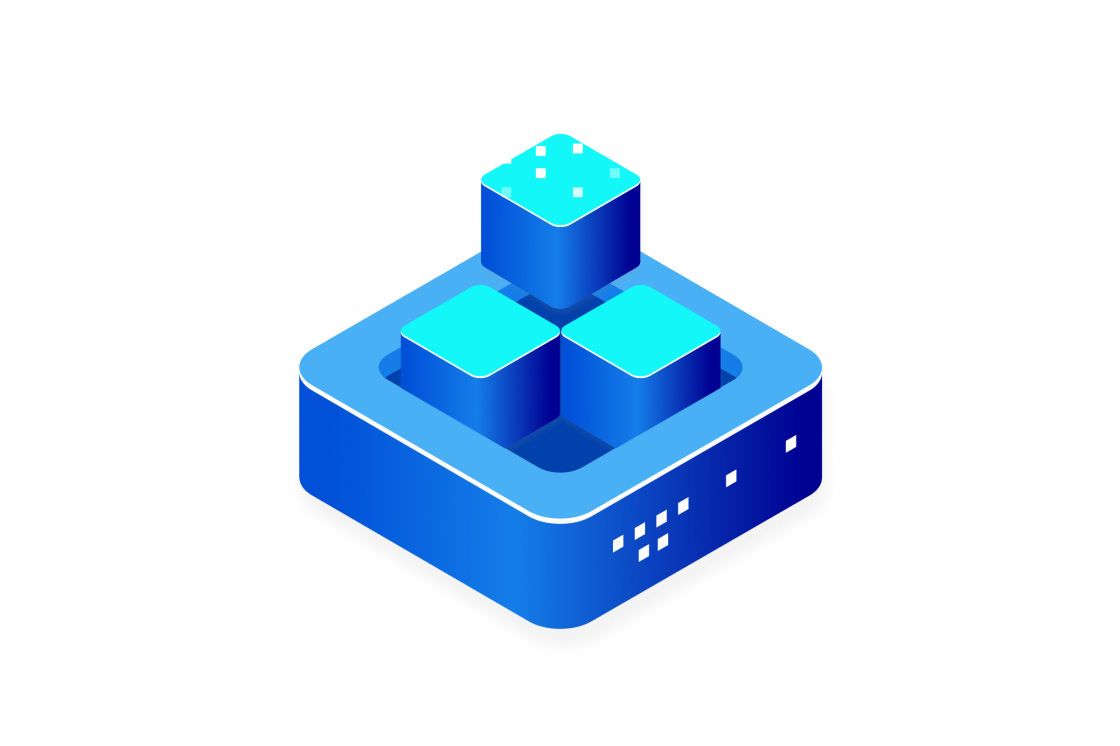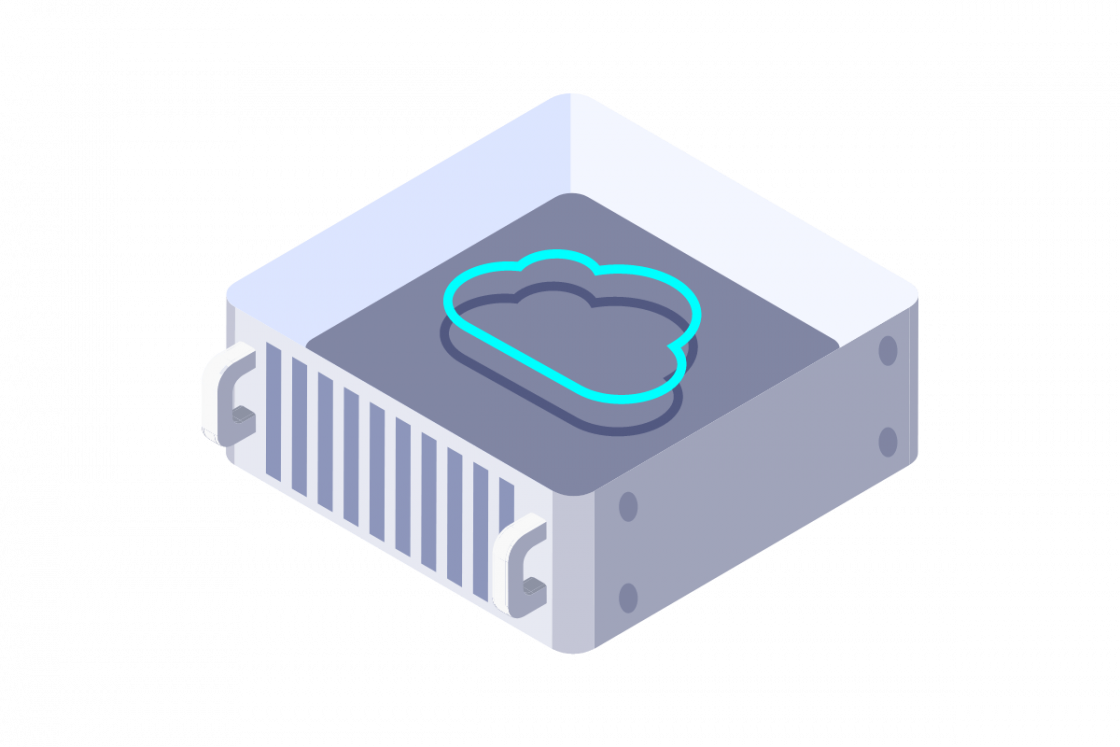What is a Validator Node?
In blockchain technology, validator nodes play a pivotal role in ensuring the security, integrity, and functionality of decentralised networks. These nodes are essential components of many blockchain systems, particularly those that operate on a proof-of-stake consensus mechanism. A validator node is a specialised participant in a blockchain net responsible for verifying and validating transactions to ensure they adhere to the network's rules.
By doing so, validator nodes help maintain the decentralised nature of the blockchain, preventing fraudulent activities and ensuring that all transactions are legitimate and secure. This article delves into the intricacies of validator nodes, exploring their functions, differences from other types of nodes, costs, benefits, and the steps required to set up and run one effectively.

The concept of a validator node might seem complex at first, but it is fundamentally about contributing to the trust and reliability of a blockchain network. Unlike traditional centralised systems where a single entity controls the ledger, blockchain relies on a distributed network of participants, including validator nodes, to agree on the state of the ledger.
This decentralisation is what makes blockchain technology so revolutionary as serverless computing, and validator nodes are at the heart of this process. They are not just passive observers but active contributors who help shape the network's future by validating transactions and, in some cases, participating in governance decisions.
How a Node Validator Works
Understanding how a node operates within a blockchain network is crucial to appreciating its importance. When a user initiates a transaction on a blockchain, it enters a pool of pending transactions waiting to be processed.
The validator node's primary task is to verify these transactions, sometimes using a dedicated server as node, ensuring they are legitimate and comply with the blockchain's rules. This verification process often involves checking the sender's balance and confirming the authenticity of the transaction through digital signatures. Once a cloud computing transaction is deemed valid, the validator node groups it with other transactions to form a block.
After forming a block, the validator node proposes it to the net for approval using a consensus algorithm, which is a set of rules that all nodes follow to agree on the blockchain's state. In proof-of-stake systems, validators are often selected to propose blocks based on the amount of cryptocurrency they have staked as collateral, sometimes combined with other factors like the duration of their stake.
If the majority of validators agree on the block's validity, it is added to the blockchain, and the node receives rewards for their contribution. This cycle repeats for every transaction, ensuring the blockchain remains up-to-date and secure.
What is the Role of a Validator Node in Blockchain?
Validator nodes are often described as the backbone of blockchain networks, particularly those using proof-of-stake mechanisms. Their primary role is to participate in the consensus process, which is the method by which the net agrees on the validity of transactions and the state of the ledger.
By validating transactions and proposing new blocks, validator nodes ensure that only legitimate events are recorded, thereby maintaining the security and trustworthiness of the chain.
Beyond transaction validation, validator nodes contribute significantly to the decentralization of the network. In a decentralized system, no single entity has control over the ledger; instead, control is distributed among numerous validators.
This distribution reduces the risk of manipulation or censorship, as altering the blockchain would require compromising a majority of validator nodes, which is often infeasible in large networks. Validators also play a role in network governance, with many blockchain protocols allowing validators to vote on proposed changes or upgrades, giving them a say in the network's future direction.
Validator Node vs Full Node
While validator nodes and full nodes are both integral to blockchain networks, they serve distinct purposes and have different responsibilities. A full node is a participant that maintains a complete copy of the blockchain ledger and synchronizes with the net to verify transactions and blocks.
However, full nodes do not actively participate in the consensus process; their role is more observational, ensuring they have an accurate and up-to-date record of the blockchain's state. They can relay transactions and provide data to other participants but do not propose or validate new blocks.
In contrast, validators are a specialized type of full node that actively engages in the consensus mechanism. They are responsible for proposing and validating new blocks, directly contributing to the addition of it.
Cost and Requirements to Run a Validator Node
Running a validator node involves both initial setup costs and ongoing operational expenses, which can vary widely depending on the network. Hardware is one of the most significant upfront costs, as nodes require high-performance equipment to manage the network's transaction throughput.
For instance, a typical setup might include a powerful CPU, substantial RAM, enterprise-grade storage, and a high-speed internet connection. These components can cost anywhere from several thousand dollars for on-premise setups to monthly fees ranging from a few hundred to over a thousand dollars for cloud-hosted solutions.
Operational costs include electricity, bandwidth, and on-chain voting fees, particularly in networks like Solana, where validators incur transaction fees for participating in it. Bandwidth costs can also be significant, especially for validators with higher stake weights who process more data.
Additionally, the opportunity cost of staking cryptocurrency must be considered, as these funds are locked up and cannot be used elsewhere. Some networks have specific staking minimums, which can be substantial, further adding to the financial commitment required.
Benefits of Running a Validator Node
Operating a validator node offers several compelling advantages, making it an attractive option for enthusiasts and investors. One of the most immediate benefits is the potential for financial rewards.
Validators typically earn cryptocurrency through transaction fees or newly minted tokens for their role in validating it and securing the facility. These rewards can provide a steady income stream, especially in networks with high transaction volumes or valuable native tokens.
In addition to financial incentives, running a validator node enhances network security. By participating in the process, validators help protect the blockchain from attacks and fraudulent activities, making it more resilient.
Furthermore, running a node fosters community engagement and personal growth. Validators interact with other network participants, including developers and other stakeholders, which can lead to collaboration and innovation within the ecosystem. For individuals passionate about technology, operating a validator node offers a hands-on way to contribute to a decentralized future while potentially benefiting from the network's growth over time.
How to Become a Validator
Becoming a validator involves a series of steps that vary depending on the blockchain network connectivity, but the general process is similar across most platforms. The first step is to choose a network to support, considering factors like community strength, potential rewards, and technical requirements. Each network has its own consensus mechanism and staking rules, so understanding these specifics is crucial before proceeding. Researching networks like Ethereum, Solana, or Polkadot can help in making an informed decision.
Once a network is selected, prospective validators must meet the hardware and software requirements. This typically involves acquiring a powerful server with sufficient processing power, storage, and a stable internet connection. Staking the required amount of cryptocurrency is often necessary, as it serves as collateral and demonstrates commitment to the network's security. After setting up the hardware, validators need to download and configure the necessary software, following the network's official guidelines to ensure proper setup.
How to Run a Validator Node
Running a validator node is a detailed process that builds on the steps to become a validator, focusing on the practical aspects of operation.
After selecting a network and understanding its consensus mechanism, the next step is setting up the hardware. This involves ensuring the server meets the network's minimum requirements for processing power, memory, and storage. A reliable internet connection is essential to maintain uptime and sync with the network effectively.
Following hardware setup, installing the software is critical. This software must be downloaded from the official blockchain repository and configured according to the network's documentation. Security is paramount, so creating and securely storing a key pair for signing is necessary to protect the staked funds. Configuring the node to connect to the network involves setting communication ports and network addresses as specified by the protocol.
OVHcloud and Validator Nodes
Discover how OVHcloud's diverse range of infrastructure services, from flexible VPS to powerful Bare Metal dedicated server hosting and scalable Public Cloud, provides the ideal foundation for running your validator nodes.

VPS
OVHcloud Virtual Private Servers (VPS) give you the perfect balance of performance and flexibility. Get dedicated resources, full root access, and a wide range of operating systems to power your websites, applications, and development environments. Our VPS solutions are designed for scalability, allowing you to easily upgrade your resources as your needs grow, all while benefiting from predictable pricing and our global offering.

Bare Metal
Experience ultimate performance and control with an OVHcloud Bare Metal Server. When you choose bare metal, you're getting exclusive access to physical hardware, delivering maximum power, security, and customisation for your most demanding workloads - including virtual private cloud.

Public Cloud
OVHcloud Public Cloud offers a highly scalable and flexible cloud computing environment built on open standards. Leverage our robust infrastructure to deploy and manage your applications with ease, benefiting from a pay-as-you-go model and a comprehensive suite of services including computing, storage, and networking.